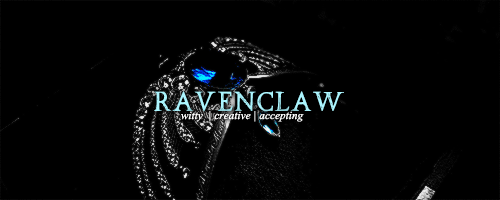A guest post by Nicole Tone, an author, editor, and all-around wonderful person. Nicole’s latest book, LAKE EFFECT, hits shelves next week!
In an attempt to try and bring some order to the chaos of my Instagram feed, I’ve been doing a lot of archiving of old pictures lately. All of the ones I thought were so good and cool at the time, I’ve been looking back now and thanking the art gods that I’ve progressed past the days of wine glasses and bad filters. But in my cleaning out of my Instagram, I found pictures of my Lake Effect progress back when I really started writing. In 2013, Lake Effect was barely a first draft I thought I could just query agents with and they were going to help me edit and get the book ready for publishing.
I was Jon Snow. I absolutely knew nothing about the publishing process.
My comp titles in my query were books like The Bell Jar and The Unbearable Lightness of Being. I thought what I was writing was a completely different genre than it actually was. But somewhere, deep down, I knew Sophie’s story was an important one to tell. Sophie’s story wasn’t something I could give up on. Rejection after rejection, I knew that what I had was something special but maybe not something the world was ready for. This was pre-#MeToo, pre-national news covering assault cases on college campuses. So, while Sophie’s story wasn’t a unique one, it also wasn’t a marketable one. Rape wasn’t a subject that was part of the contemporary literature canon despite it being definitely apart of contemporary life.
See, here’s the thing: I’m a survivor of suicide attempts. A victim of sexual assault. The labels I use to describe myself depends on the day. The labels are also the reason I knew I couldn’t give up on Lake Effect. While my story isn’t Sophie’s story by any length of the imagination, I knew her story needed to be told. Years of editing, of querying, of rejections didn’t matter. Well, that’s not completely true. At the time, when rejection after rejection was piling up I was taking them personally. I couldn’t understand no one else thought her story was important.
And that’s the hard part of querying, isn’t it? Feeling like each form rejection that comes in is somehow a commentary on you, on your story, on your writing, on your character’s story. That you — they — aren’t good enough. For me, because I’ve experienced things Sophie experienced, I couldn’t understand why such an important topic wasn’t something anyone want to champion. Was Speak really going to be the only book allowed to be published that tackled the subject?

But I didn’t give up. I knew in my gut that Lake Effect would find a home somewhere. What I needed was a publisher who was willing to take a chance on the topics covered, and who would be my champion to help me get this book into the hands of readers who would need it the most. What I needed was a small publisher looking to boost voices and stories that were bold and important. What I needed was Pen Name Publishing.
The thing is, all along this whole journey, the thought of shelving Lake Effect never crossed my mind. Something pushed me to keep going, kept telling me this was a book that needed to see the light of day. I’d put too much time, effort, tears, blood, and energy into this book and ultimately that’s what kept me going. Suddenly it wasn’t about finding an agent, it was about finding the best home for me and my book. And I’m so glad I did.















